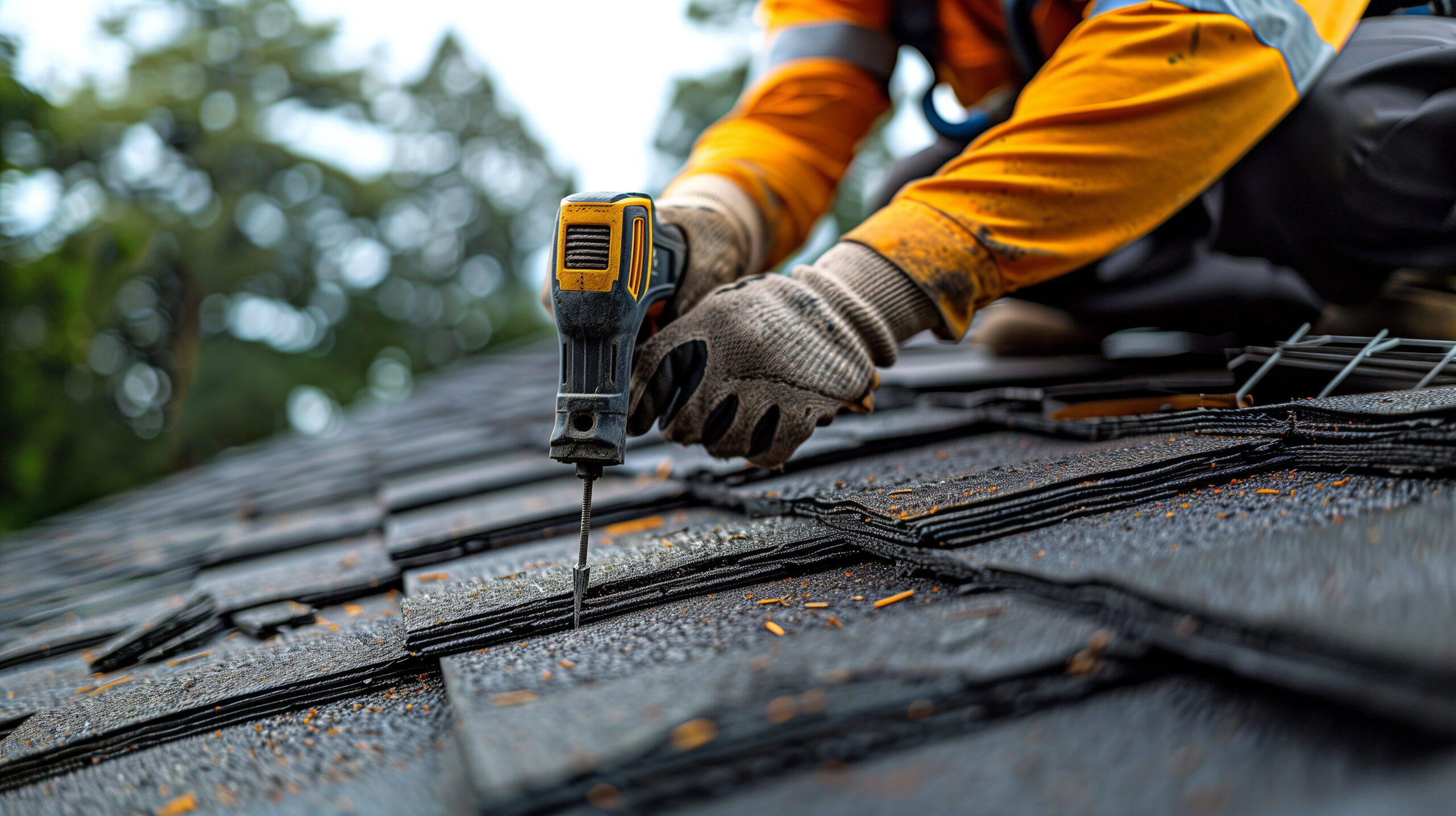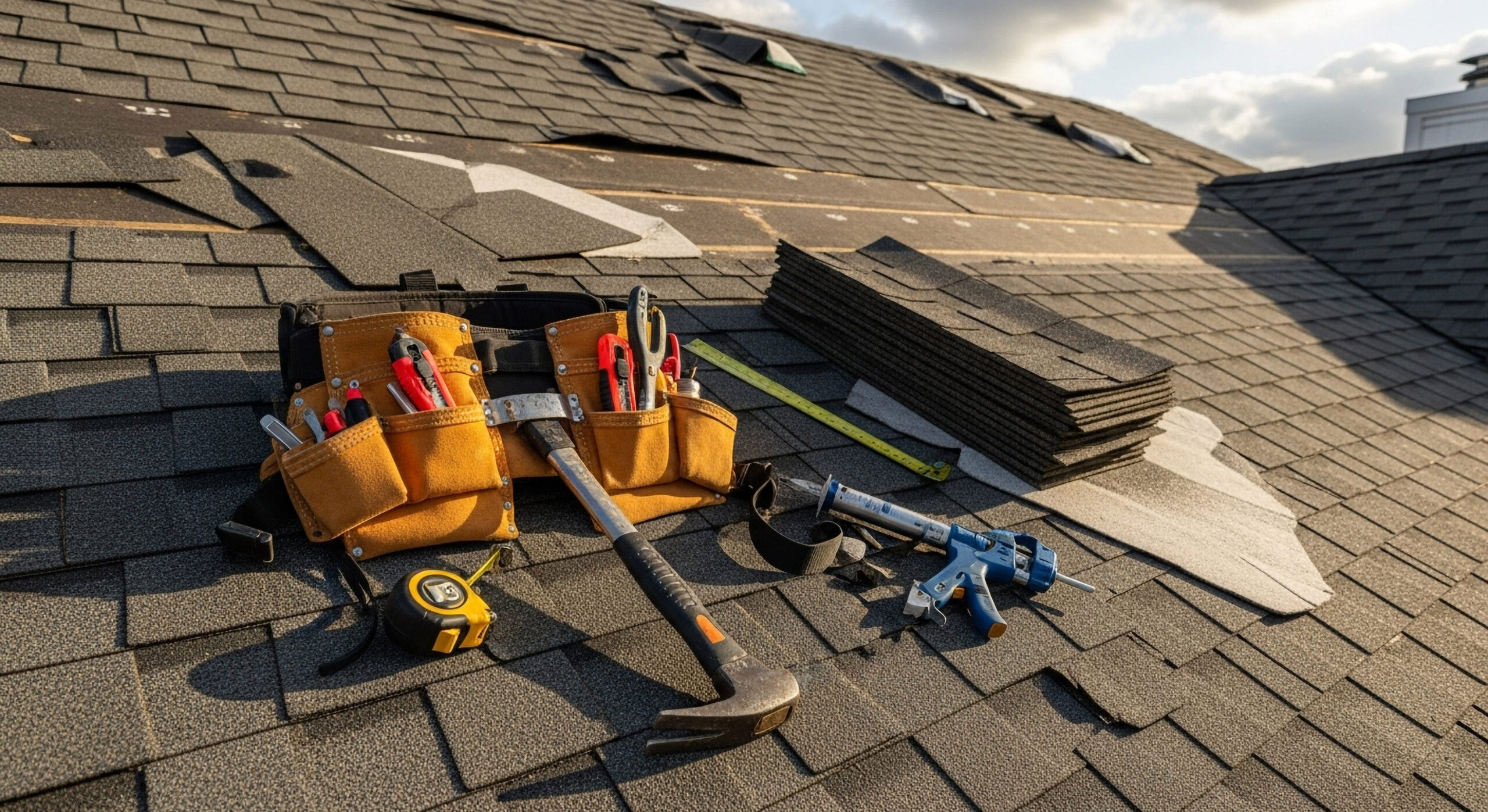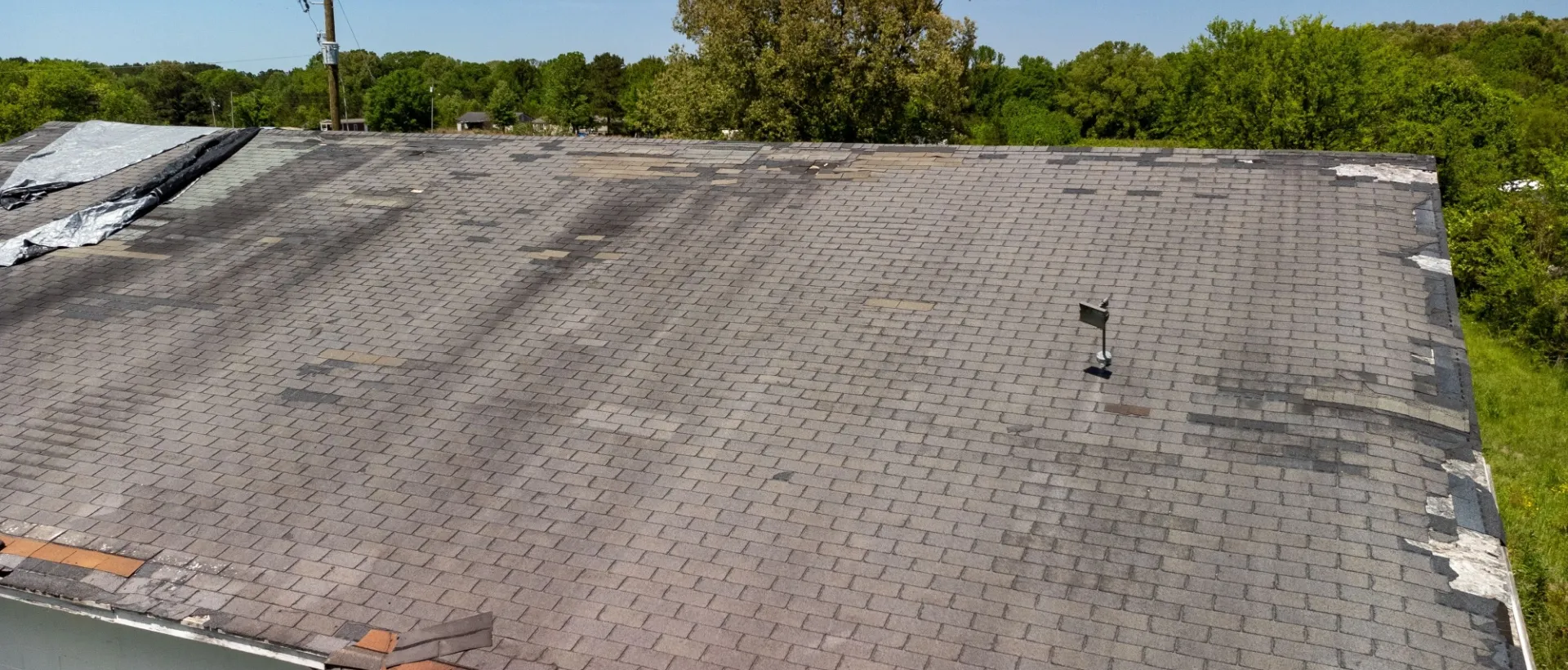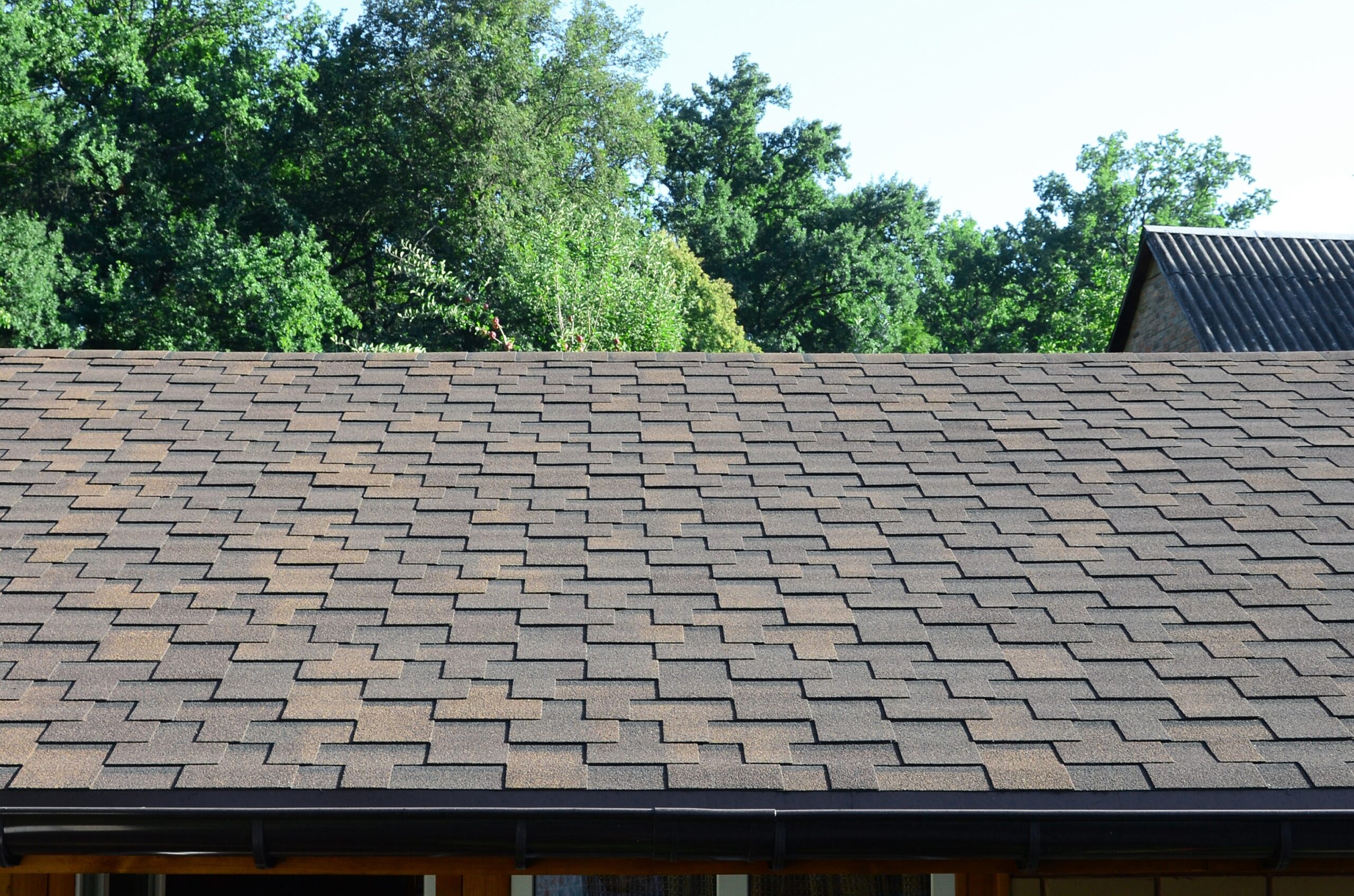Roof Replacement Financing: Smart Options for Homeowners
Roof replacement financing helps homeowners spread the cost of a new roof over months or years through loans, contractor payment plans, or home equity products. Most homeowners cannot pay this upfront, making financing essential for timely roof repairs and replacements.
Financing options include contractor-offered payment plans, personal loans, home equity lines of credit (HELOCs), and government-backed programs like FHA Title I loans. Interest rates range from 0% promotional APR to 36% depending on credit score, loan type, and lender. Understanding how each option works, what contractors near me offer financing, and how to compare terms ensures you choose the best path for your budget and timeline.
Table of Contents
- What Is Roof Replacement Financing
- How Roof Financing Works in
- Roof Contractors Near Me That Offer Financing
- Roofing Companies That Finance: What to Compare
- Financing a New Roof: Options, Terms, Programs
- Roof Loan vs Contractor Financing
- Roof Financing Near Me: Local Insights & Rates
- FAQ
- Conclusion
What Is Roof Replacement Financing
Roof replacement financing is a payment solution that allows homeowners to cover roofing costs through installment loans, contractor payment plans, or credit products instead of paying the full amount upfront. These financing options spread payments over 12 to 180 months, making major home improvements affordable for households without immediate cash reserves.
Roof replacement financing lets you pay for a new roof over time through loans or payment plans. Options include contractor financing, personal loans, HELOCs, and government programs with terms ranging from 6 months to 15 years.
Why Homeowners Choose Financing
Emergency roof replacements often arise unexpectedly. A 2024 study by the National Association of Home Builders found that 43% of homeowners faced unexpected roof damage requiring immediate replacement within 12 months of purchase. Storm damage, aging shingles, and structural leaks cannot wait for homeowners to save thousands of dollars.
Financing preserves emergency savings while addressing critical home repairs. Instead of depleting cash reserves needed for other expenses, you make manageable monthly payments. This approach maintains financial flexibility and prevents the deterioration that occurs when roof repairs are delayed.
Common Financing Products
Roof financing comes in several forms. Contractor payment plans are offered directly by roofing companies, often with promotional 0% APR periods. Personal loans from banks or online lenders provide lump-sum funding with fixed monthly payments. HELOCs use home equity as collateral, typically offering lower rates but requiring sufficient equity and good credit.
Government programs like FHA Title I loans support home improvements up to $25,000 without requiring home equity. These loans serve homeowners who lack equity or prefer not to use their home as collateral. Each product has distinct approval requirements, rates, and repayment terms.
How Roof Financing Works in
Roof financing operates through streamlined digital applications and fast approval processes. Most lenders and contractors offering financing use online platforms where you submit basic information, receive preliminary approval within minutes, and finalize terms within 24 to 48 hours. This speed ensures you can begin roof replacement quickly, especially during emergency situations.
Apply online through a contractor or lender, provide income verification and credit information, receive approval within hours, and select repayment terms. Funds are typically disbursed directly to the contractor upon project completion or in installments during work.
The 5-Stage Financing Decision Framework
Use this framework to navigate roof financing decisions efficiently:
Stage 1: Assess Urgency and Budget — Determine if your roof needs immediate replacement or if you have time to save. Calculate monthly payment capacity by reviewing current expenses and identifying available budget for loan payments.
Stage 2: Check Credit Score — Obtain your credit score from a free service like Credit Karma or AnnualCreditReport.com. Scores above 670 qualify for better rates, while scores below 580 may require specialized lenders or co-signers.
Stage 3: Compare Financing Sources — Request quotes from at least three sources: your contractor’s financing partner, a local credit union, and an online lender like LightStream or SoFi. Compare APRs, terms, fees, and prepayment penalties.
Stage 4: Evaluate Total Cost — Calculate total interest paid over the loan term, not just monthly payments. A $12,000 roof financed at 8% APR over 60 months costs $13,600 total, while the same amount at 15% APR costs $15,400.
Stage 5: Confirm Contractor Credentials — Verify that contractors offering financing are licensed, insured, and certified by manufacturers like GAF or CertainTeed. Check reviews on Google, HomeAdvisor, and the Better Business Bureau.
Application and Approval Process
Most roof financing applications require proof of income, Social Security number, employment details, and homeownership verification. Contractors partnering with lenders like GreenSky, Enhancify, or ServiceFinance submit your application on your behalf. Online lenders allow direct applications through their websites.
Approval decisions arrive within minutes to 48 hours. Upon approval, you review loan terms, sign documents electronically, and schedule your roof installation. Lenders typically pay contractors directly after project milestones are completed, protecting both parties through verified progress payments.
Roof Contractors Near Me That Offer Financing
Finding roofing companies with payment plans near me requires researching local contractors and verifying their financing partnerships. Many established roofing companies partner with third-party lenders to offer flexible payment options, making services accessible to more homeowners regardless of immediate cash availability.
Search for contractors near me that offer financing through Google, HomeAdvisor, or Angi. Verify partnerships with reputable lenders like GreenSky or ServiceFinance. Always confirm licensing, insurance, and customer reviews before committing.
How to Identify Financing-Friendly Contractors
Start by searching “roofing companies that finance near me” or “roof financing near me” on Google. Many contractors display financing badges on their websites, advertising partnerships with specific lenders. Look for mentions of same-day approval, flexible terms, or promotional 0% APR offers.
Checklist for Vetting Contractor Financing:
- Confirm contractor holds valid state and local licenses
- Verify insurance coverage including liability and workers’ compensation
- Check BBB rating and read recent customer reviews
- Ask which lender the contractor partners with and research that lender
- Request written financing terms before signing contracts
- Compare contractor financing rates with independent loan quotes
- Ensure financing approval is not contingent on signing the roofing contract
- Verify no prepayment penalties exist if you want to pay off early
Tom Jannace Roofing, Inc. in Stony Brook, New York exemplifies a contractor offering comprehensive financing solutions. Serving Suffolk County since 1990, the company provides free inspections, no-obligation estimates, and financing options through trusted lending partners, making roof replacement accessible for local homeowners.
Regional Contractor Examples
Suffolk County contractors like Tom Jannace Roofing partner with national lenders to offer competitive rates and fast approvals. These partnerships allow local businesses to provide enterprise-level financing without maintaining in-house lending operations.
Mini-Case: A homeowner in Port Jefferson needed emergency roof replacement after storm damage in March 2024. The total cost was $14,200. Through Tom Jannace Roofing’s financing partner, the homeowner secured a 60-month loan at 7.9% APR with no down payment. Monthly payments of $287 fit within the household budget, and the roof was completed within two weeks of approval.
Contractors in urban and suburban markets increasingly offer financing as standard practice. According to a 2024 report by Remodeling Magazine, 68% of roofing contractors nationwide now partner with at least one financing provider, up from 52% in 2022.

Roofing Companies That Finance: What to Compare
When evaluating roofing companies with payment plans near me, compare not only financing terms but also contractor qualifications, material quality, warranty coverage, and customer service reputation. The cheapest financing may come from a less experienced contractor using inferior materials, costing more long-term through premature failures and repairs.
Compare APR, loan terms, down payment requirements, contractor certifications, material warranties, and customer reviews. The best choice balances affordable financing with quality workmanship and reliable materials.
Key Comparison Factors
Interest Rates and Terms: APRs for contractor financing range from 0% promotional rates to 25% or higher. Promotional rates often require excellent credit and full repayment within 12 to 24 months. Standard rates for good credit fall between 6% and 12%. Compare the total interest paid over the full term, not just monthly payments.
Down Payment Requirements: Some contractors require 10% to 25% down payments even with financing. Others offer no money down, which increases loan amounts and total interest. Determine which structure fits your available cash and long-term budget.
Contractor Certifications: GAF Master Elite, CertainTeed SELECT ShingleMaster, and Owens Corning Platinum contractors meet rigorous training and quality standards. These certifications often correlate with better workmanship and stronger manufacturer warranties.
Material and Warranty Considerations
Financing a new roof makes sense only if the roof lasts long enough to justify the investment. Asphalt shingles typically last 20 to 30 years, while metal roofs last 40 to 70 years. Match your loan term to the roof’s expected lifespan to avoid paying for a roof that needs replacement before the loan is satisfied.
Expert Tip: Choose contractors offering extended warranties that transfer to future homeowners. GAF’s Golden Pledge warranty, for example, covers materials and labor for 25 years and transfers once. This warranty adds resale value and protects your investment even if you sell before the loan matures.
Review warranty exclusions carefully. Some warranties are void if you don’t maintain gutters, allow moss growth, or hire non-certified contractors for repairs. Understanding these terms prevents costly surprises.
Financing a New Roof: Options, Terms, Programs
Financing a new roof involves choosing between contractor payment plans, bank loans, credit union products, online lenders, HELOCs, and government programs. Each option serves different credit profiles, urgency levels, and financial situations.
New roof financing options include contractor plans (0% to 25% APR), personal loans (5% to 36% APR), HELOCs (variable rates around prime plus 1% to 3%), and FHA Title I loans (fixed rates near 7% to 9%).
Contractor Payment Plans
Contractors partner with lenders like GreenSky, Mosaic, and ServiceFinance to offer point-of-sale financing. These programs often feature same-day approval, no money down, and promotional 0% APR for 12 to 24 months. After the promotional period, deferred interest may apply retroactively if balances remain unpaid.
A 2024 analysis by LendingTree found that contractor financing approval rates average 75% for applicants with credit scores above 640. Approval drops to 35% for scores below 600, requiring alternative solutions like co-signers or secured loans.
Bank and Credit Union Loans
Traditional banks and credit unions offer personal loans and home improvement loans with competitive rates for members with good credit. These loans provide lump-sum funding deposited in your account, giving you control over contractor payments and project timing.
Credit unions often beat bank rates by 1% to 3% due to nonprofit structures and member-focused policies. Navy Federal Credit Union, Pentagon Federal Credit Union, and local community credit unions frequently offer home improvement loans at 5% to 10% APR for qualified borrowers.
Government-Backed Programs
FHA Title I loans support home improvements up to $25,000 without requiring home equity. These loans work well for homeowners with limited equity or those avoiding home-secured debt. Rates typically range from 7% to 9%, and terms extend up to 20 years.
ENERGY STAR financing programs encourage energy-efficient roof installations through utility company rebates and specialized loan products. Some utilities offer 0% interest loans for ENERGY STAR-rated roofing materials, reducing both upfront costs and long-term energy bills.
Roof Loan vs Contractor Financing
Understanding the difference between independent roof loans and contractor financing helps you choose the option offering better terms and flexibility. A roof loan is obtained independently from a bank, credit union, or online lender. Contractor financing is arranged through the contractor’s lending partner at the point of sale.
Roof loans offer independence in contractor selection and competitive rates through shopping multiple lenders. Contractor financing provides convenience, fast approval, and sometimes promotional rates, but limits your choice to the contractor’s lending partner.
Independent Roof Loans
Personal loans from lenders like SoFi, LightStream, and Marcus by Goldman Sachs fund roof replacements without tying you to specific contractors. You receive funds, hire any licensed contractor, and make fixed monthly payments. Rates for excellent credit start around 5% to 7%, while fair credit sees 12% to 20%.
Independent loans offer flexibility. You can negotiate contractor prices knowing you have funding secured. This often results in better pricing than contractor-arranged financing, which may include markup to cover contractor commission fees paid to lenders.
Contractor-Arranged Financing
Contractor financing simplifies the process by bundling loan approval with project quotes. You complete one application, receive approval within hours, and begin work immediately. This convenience appeals to homeowners facing emergency repairs or those uncomfortable navigating loan applications independently.
Drawbacks include limited lender choice and potential rate markups. Some contractors add 2% to 5% to project costs when customers use financing to offset lender fees. Always request cash pricing and financing pricing separately to identify any markup.
Expert Tip: If choosing contractor financing, negotiate project price before discussing financing. Lock in cash pricing, then add financing as a payment method. This prevents contractors from inflating prices after learning you need financing.
Roof Financing: Local Insights & Rates
Local roof financing options vary by region due to differences in contractor availability, credit union networks, and state-specific lending regulations. Understanding regional factors helps you identify the best financing sources in your area and negotiate competitive terms.
Research local credit unions, regional banks, and contractors offering financing in your area. Rates and terms vary by location due to state regulations, market competition, and local cost of living factors.
Regional Rate Differences
Roof financing rates in high-cost regions like New York, California, and Massachusetts average 1% to 2% higher than rates in lower-cost states like Texas, Florida, and Ohio. This reflects cost of living differences, default risk calculations, and state lending regulations.
Suffolk County, New York contractors like Tom Jannace Roofing typically partner with national lenders offering rates from 6.9% to 24.9% APR depending on credit scores. Local credit unions like NEFCU and Teachers Federal Credit Union often provide competitive alternatives with rates 1% to 3% lower for members.
Finding Local Contractors with Financing
Search “roof contractors near me” or “roofing companies with payment plans near me” to generate local results. Filter for contractors displaying financing badges or mentioning payment plans on their websites. Contact at least three contractors to compare both project quotes and financing terms.
Check contractor credentials through state licensing boards. New York contractors must hold valid home improvement contractor licenses. Verify insurance coverage and request certificates of insurance before signing contracts. Tom Jannace Roofing maintains full licensing, insurance, and GAF certification, demonstrating commitment to quality and legal compliance.
Leveraging Local Resources
Local hardware stores like Home Depot and Lowe’s offer roofing contractor referrals and financing through their branded credit cards. These cards provide 6 to 24 months 0% APR on purchases over certain thresholds, typically $299 to $1,000. Use these for smaller repairs or as part of a larger financing strategy.
Community development financial institutions (CDFIs) serve underserved populations with affordable home improvement loans. These nonprofits prioritize financial inclusion over profit, offering rates 3% to 5% below conventional lenders for qualifying low- to moderate-income households.
FAQ
What credit score do I need for roof replacement financing?
Most lenders require minimum credit scores of 580 to 640 for approval. Scores above 670 qualify for the best rates, typically 6% to 10% APR. Scores below 580 may need secured loans, co-signers, or higher rates exceeding 20%.
Can I finance a roof with no money down?
Yes, many contractors offer zero down payment financing through partners like GreenSky and ServiceFinance. Approval depends on credit score and income verification. No down payment increases the total loan amount and interest paid over time.
How long does roof financing approval take?
Most contractor financing approvals arrive within minutes to 48 hours. Bank and credit union loans take 3 to 7 days for approval and funding. Online lenders like SoFi and LightStream typically approve within 24 hours and fund within 2 to 5 business days.
Are there government programs for roof financing?
Yes, FHA Title I loans support home improvements up to $25,000 without requiring home equity. ENERGY STAR programs offer rebates and specialized financing for energy-efficient roofing materials. Check with local utilities and HUD-approved lenders for program availability.
Conclusion
Roof replacement financing makes essential home improvements affordable through flexible payment plans, competitive interest rates, and fast approval processes. By comparing contractor financing, independent loans, and government programs, you identify the option matching your credit profile, budget, and timeline. Always verify contractor credentials, compare total loan costs, and read terms carefully before committing.Get fast, flexible roof replacement financing through our trusted contractor network. Contact Tom Jannace Roofing today for a free inspection, no-obligation estimate, and personalized financing options tailored to your needs.








